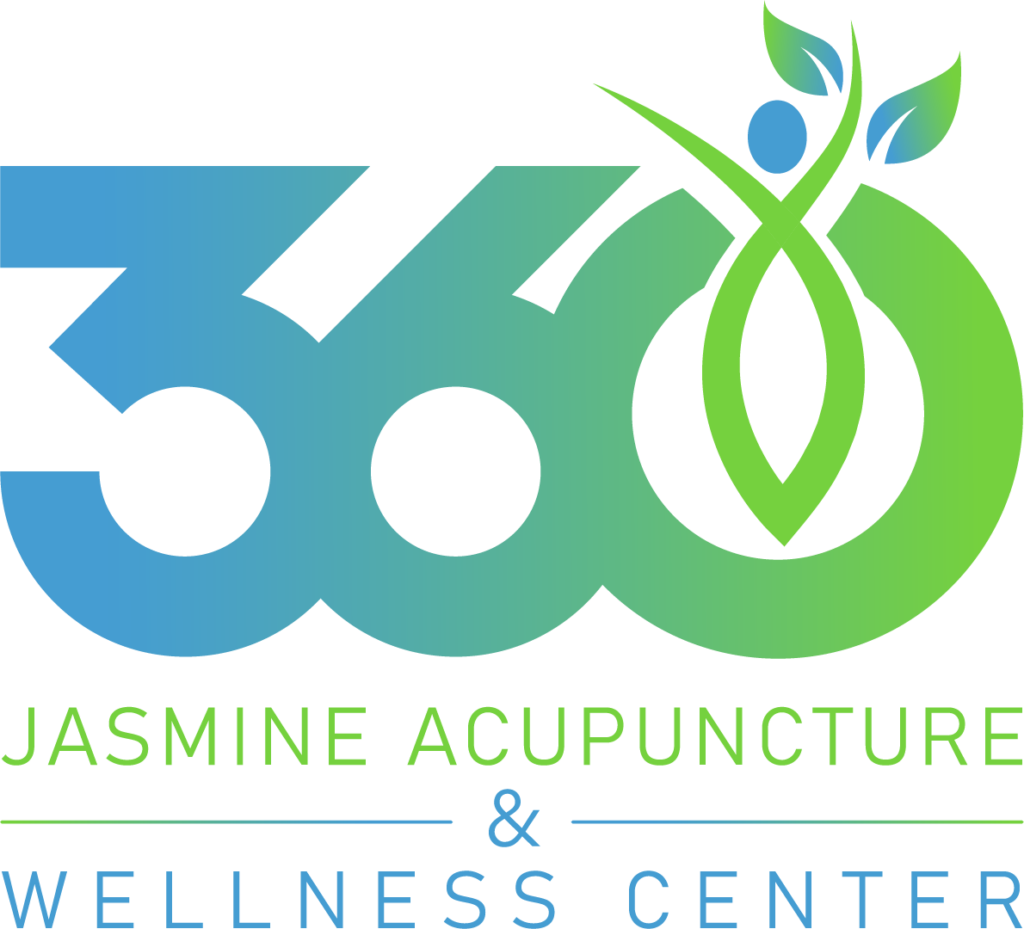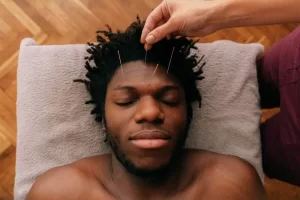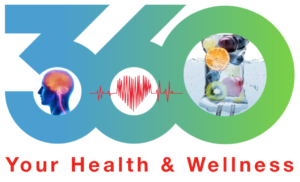Acupuncture is an ancient healing practice rooted in Traditional Chinese Medicine (TCM). Over the years, it has gained significant popularity in modern wellness and integrative medicine. But how does acupuncture actually work? If you’re new to this practice, this guide will help you understand the fundamental principles, the science behind acupuncture, and what to expect during a session.
The Fundamentals of Acupuncture
What is Acupuncture?
Acupuncture is a treatment method that involves inserting very thin, sterile acupuncture needles into specific points on the body. Originating in China over 2,500 years ago, it is based on the belief that energy, or Qi (pronounced “chee”), flows through pathways called meridians. When this energy is blocked or imbalanced, it can result in illness or discomfort.
The Concept of Qi (Energy Flow)
According to TCM, Qi is the vital energy that circulates through the body along meridians. Each meridian corresponds to different organs and bodily functions. When the Qi is disrupted due to stress, injury, or lifestyle factors, it can lead to various health issues. Acupuncture aims to restore the flow of Qi, promoting balance and overall well-being.
How Acupuncture Helps Restore Balance
By stimulating specific acupuncture points, practitioners help regulate the body’s energy flow. The insertion of needles is thought to activate the nervous system, improve circulation, and promote natural healing processes. Additionally, acupuncture can relieve pain by promoting these natural healing processes, making it an effective complementary therapy for managing chronic pain.
The Science Behind Acupuncture
How Acupuncture Affects the Nervous System
Modern scientific research suggests that acupuncture works by stimulating nerves, muscles, and connective tissue. This stimulation enhances blood circulation and triggers the release of endorphins, the body’s natural painkillers.
Acupuncture and the Brain
Studies have shown that acupuncture affects the central nervous system by encouraging the release of neurotransmitters like serotonin and dopamine. These chemicals play a crucial role in regulating mood, stress levels, and overall well-being.
Evidence-Based Benefits of Acupuncture
Acupuncture is commonly used to treat a variety of conditions, including:

- Pain Management: Chronic pain, headaches, arthritis, and back pain. Acupuncture can be used alongside conventional treatments for chronic pain to enhance overall pain management.
- Stress and Anxiety: Helps regulate stress hormones and promote relaxation.
- Digestive Issues: Supports gut health and relieves conditions like IBS.
- Sleep Disorders: Encourages relaxation and improves sleep quality.
What to Expect During an Acupuncture Session
Initial Consultation and Health Assessment
During your first visit, the acupuncturist will discuss your medical history, lifestyle, and specific health concerns. In TCM, additional diagnostic techniques like pulse reading and tongue examination may be used.
The Acupuncture Process
- The practitioner selects specific points based on your condition.
- Thin, sterile needles are gently inserted into the skin.
- You may feel a slight tingling or warmth, but acupuncture is generally painless.
- During an acupuncture treatment, the acupuncturist may use various techniques such as manual needle manipulation or electrical stimulation to enhance the effects. The calming effects of the treatment often help reduce stress and promote relaxation.
- Sessions usually last between 20-60 minutes.
Aftercare and Potential Side Effects
After a session, you might feel deeply relaxed. Common side effects include mild soreness or slight bruising at needle insertion points, but serious complications are rare when performed by a licensed practitioner.
Common Myths and Misconceptions About Acupuncture
Does Acupuncture Hurt?
Many people fear that acupuncture is painful. However, the needles are extremely thin, and most people experience only minimal discomfort.
Is Acupuncture Only for Pain?
While pain relief is one of acupuncture’s most well-known benefits, it is also used to improve digestion, sleep, and emotional well-being.
Is There Scientific Proof That Acupuncture Works?
Numerous studies support acupuncture’s effectiveness, particularly for chronic pain, migraines, and anxiety.
Is Acupuncture Safe?
Yes, acupuncture is considered safe when performed by a qualified professional. Licensed acupuncturists use sterile, disposable needles to ensure patient safety.
How to Find a Qualified Acupuncturist
What to Look for in an Acupuncture Practitioner
- Proper certification and licensing.
- Experience with your specific condition.
- Positive patient reviews and recommendations.
Questions to Ask Before Your First Visit
- What is your experience treating my condition?
- How many sessions do you recommend?
- Do you accept insurance?
Integrating Acupuncture Into a Holistic Wellness Plan
Acupuncture works well alongside other wellness practices, including chiropractic care, massage therapy, and herbal medicine. Consult with a holistic healthcare provider to create a comprehensive treatment plan.
Frequently Asked Questions
How many acupuncture sessions do I need to see results?
The number of sessions varies depending on the condition being treated. Some people feel relief after one session, while others require multiple visits over weeks or months.
Is acupuncture safe if I have a medical condition or take medication?
Yes, but it’s important to inform your acupuncturist about your medical history and any medications you’re taking to ensure a safe and effective treatment plan.
Can acupuncture help with stress and anxiety?
Yes! Acupuncture has been shown to stimulate the release of calming neurotransmitters, reducing stress and promoting relaxation.
Does insurance cover acupuncture treatments?
Some insurance plans do cover acupuncture, especially for pain management. It’s best to check with your provider for details.
What should I do before and after an acupuncture session?
- Before: Avoid heavy meals and caffeine, wear loose clothing, and stay hydrated.
- After: Drink plenty of water, rest if needed, and avoid strenuous activities immediately after treatment.
Acupuncture is a powerful, time-tested practice that offers a wide range of health benefits. Whether you’re seeking relief from pain, stress, or other health concerns, acupuncture can be an effective and holistic approach to wellness. If you’re curious about acupuncture, consider scheduling a consultation with a certified practitioner today!









